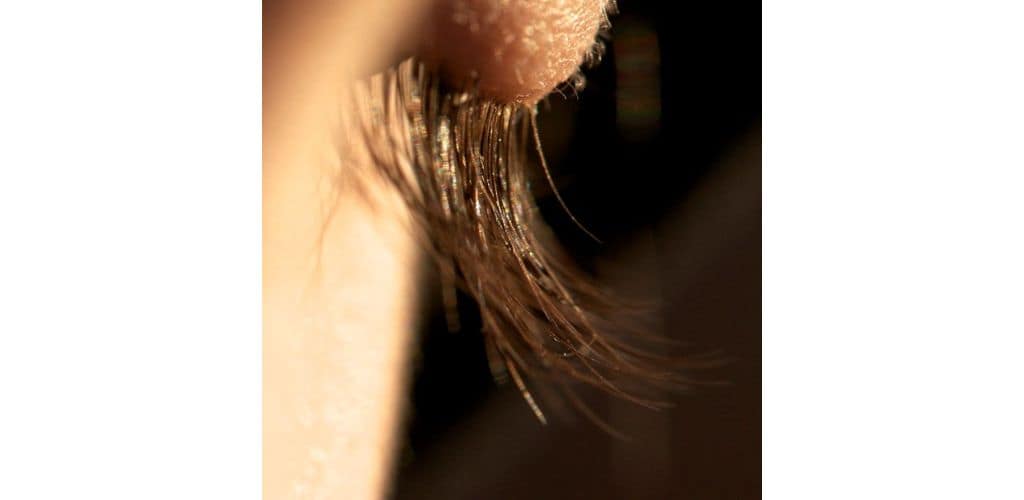A federal court jury in Texas has awarded more than $30 million in damages to woman-owned beauty start-up Lashify Inc.
The jury found that Qingdao Lashbeauty Cosmetic Co., a Chinese company doing business as Worldbeauty, infringed three of Lashify’s lash technology patents.
Lashify’s US Patent Number 11,219,260, for example, covers:
An artificial lash extension system includes lash extensions designed for an application under a natural lash. Each of the lash extensions includes clusters of artificial hairs. Each of the clusters includes at least two artificial hairs and a base from which the at least two artificial hairs of each of the clusters protrude. Each of the lash extensions is formed by at least an application of heat at a respective base.
Lashify claims to have more than 300 patents worldwide.
Lashify products reportedly let users achieve salon-quality lashes at home, with a system that’s gentle on natural lashes and adaptable for different eye shapes. A Lashify control kit costs about $145. In contrast, a full set of lashes costs an average of $164 in a salon, with refills costing $71. Salon lashes can cost as much as $250.
Lashify has been praised by celebrity fans like Reese Witherspoon, Nicole Kidman, Kourtney Kardashian, Tracie Ellis Ross, and Salma Hayek and by magazines like Vogue and Glamour.
After a five-day trial, the jury awarded Lashify $30.5 million for lost profits and $3.6 million as a reasonable patent royalty at a royalty rate of 30%.
Reasonable royalty damages for patent infringement are an estimate of damages based on the royalty fee that a licensee, or a patent infringer, would pay the licensor, or patent owner, for the rights to use the patented invention in a hypothetical negotiation.
The starting point for reasonable royalty damages analysis is often the 15 Georgia-Pacific factors established in the 1970 case of Georgia-Pacific Corp. v. United States Plywood Corp.
These factors include:
- The royalties received by the patentee for the licensing of the patent in suit, proving or tending to prove an established royalty.
- The rates paid by the licensee for the use of other patents comparable to the patent in suit.
- The nature and scope of the license, as exclusive or non-exclusive; or as restricted or non-restricted in terms of territory or with respect to whom the manufactured product may be sold.
- The licensor’s established policy and marketing program to maintain his patent monopoly by not licensing others to use the invention or by granting licenses under special conditions designed to preserve that monopoly.
- The commercial relationship between the licensor and licensee, such as, whether they are competitors in the same territory in the same line of business; or whether they are inventor and promotor.
According to Royalty Range, “Royalty rates can be anything from 0.1% to 25%, and they can differ from product to product and industry to industry.” 30% is definitely on the high end.
The jury found that Worldbeauty’s infringement was willful and that the asserted patent claims weren’t invalid as obvious in light of the prior art.
Lashify filed suit in July of 2022, accusing Worldbeauty of infringing its patents. Lashify later amended its complaint to assert claims of false advertising, false designation of origin, and unfair competition.
Qingdao filed counterclaims against Lashify on March 17, 2023, asserting claims of false patent marking under 35 U.S.C. § 292 and false advertising under the Lanham Act.
In the court’s ruling on Lashify’s motion to dismiss the counterclaims, it noted that Qingdao had identified eight instances where Lashify used the word “patented” on its social media posts to describe the status of its products, when allegedly, the products were not patented.
The court stated that
Lashify did not receive a U.S. patent for any of the marked products until May 26, 2020, which was multiple years after the social media posts regarding the patented status of its products were posted.
As Bloomberg reported, Lashify previously brought a complaint with the International Trade Commission (ITC) seeking to stop retailers like Walmart and CVS from selling imported knock-off lash extension tools and systems.
According to Lashify’s website,
The ITC found infringement on multiple products (tools and certain lashes) and did not find infringement on others with that one specific patent that used the word “heat fused.” … Regardless of infringement finding, the ITC said at that time we did not qualify for “domestic industry” because the products were not made in the USA.
The ITC case is on appeal with the Federal circuit.
Just like the haiku above, we like to keep our posts short and sweet. Hopefully, you found this bite-sized information helpful. If you would like more information, please do not hesitate to contact us here.


